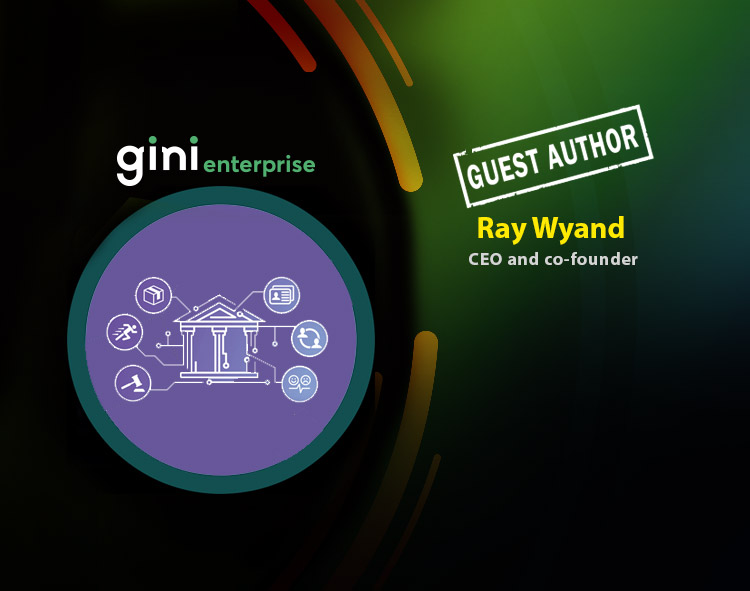Open banking – commercial banking models predicated on the sharing of customer information electronically, with third parties, under conditions that customers approve of – is poised to become the norm in many East Asian markets.
Data-driven banking solutions provider gini enterprise has conducted original Open APIs research to identify the commercial opportunities for all participants, as well as recognize some of the barriers to adoption.
Read More: Three Ways AI Enables Personalized and Engaging Customer Experiences in Financial Services
The biggest barrier is one of perception: most bankers have a good grasp of open banking but think it will benefit other industry players more, specifically fintechs and banks own customers. Current business practices are not “fit for purpose” in the coming world of collaborative business models with major concerns about measures being put in place to assure safety and security.
The paper also reveals a survey on Open APIs readiness among Asian fintech industry professionals. Only 20% of bankers saw themselves as the winners from Open APIs, even though 70% said sharing customer data is the future of their business. Fintechs are viewed as the biggest winners, with unclear regulation and cybersecurity concerns cited by a majority of bankers as the biggest obstacles they will face when adopting the new Open APIs technologies.
The survey questioned over 300 fintech-related professionals during the fintech events in Singapore and Hong Kong in November 2019. The results demonstrated that bankers are more aware of Open APIs than the broader fintech-related industry, yet there are still loopholes in standardizing security and regulatory frameworks, making Open APIs a revenue-generating business.
But make no mistake: that new world is coming. Open banking is already the law of the land in the European Union, thanks to its Payment Services Directive of 2015, while in the United States it has become accepted market practice.
Read More: Why Banks will Benefit from Open API
In the Asia-Pacific region, regulators are making open banking a new reality. But their approach is “soft”, leaving banks and fintechs with plenty of latitude regarding implementation. Commercial drivers will, therefore, play a bigger role in most Asian markets for open-banking models. And Banks realize open-APIs are vital to meeting consumer demands, but they also need solutions to bring down their own costs to match these opportunities. End-to-end open API-based services need a large market opportunity, both in terms of potential revenues and in the number of participants able to share data.
How to achieve this, when so many questions remain, over data privacy and protection, cybersecurity, fiduciary responsibility, and commercial uses?
These challenges mean that it will take time, and trial and error, for open banking norms to be widely accepted. And we are hoping with the launches of several virtual banks this year, the industry can welcome some new practices, products and technology.
All these will take time to emerge because open banking is an evolutionary, iterative process. It will take time for all parties to work out the right standards, protections, and revenue models.
Read More: Trapped in the past? Moving Banking beyond the Prison Paradigm
